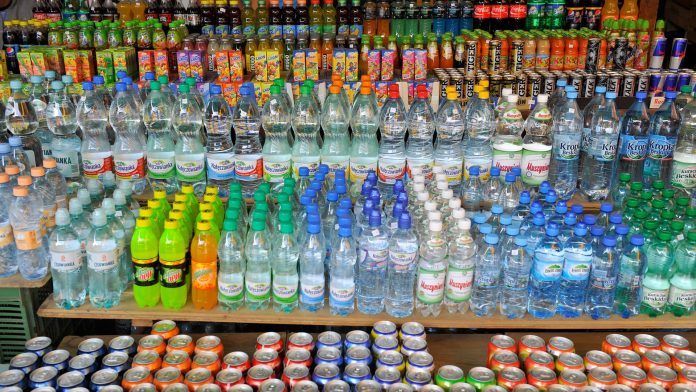Guest contributor Ali Dockerty explores the risks posed by the near-ubiquitous chemical bisphenol A and potential regulatory solutions.
Bank receipts, credit card slips, logistics labels and containers to pack and store food and drink all have something in common: bisphenol A, or BPA. An endocrine-disrupting industrial chemical, BPA has been linked with a number of health issues and has been found to have an impact on wildlife. There is a growing concern from the European Consumer’s Organisation about the effect of BPA on vulnerable people such as young children and pregnant women. The European Commission is being urged to go beyond its ban of BPA in baby bottles and look to replace BPA in all food items and consumer products with safer alternatives. There are also suggestions that BPA should be classified as a Substance of Very High Concern in order for it to have stricter regulations on its use.
Products containing bisphenol A
BPA has two main uses, as a stabiliser and hardener for clear plastic and as inner coatings of food and drink containers which protect them from corrosion. BPA is often used in food and drink cans, plastic kitchen cutler, electronic devices that have a plastic outer case such as coffee machines, CDs, DVDs and Blu-ray discs. It’s also used for cash receipts printed on thermal paper, filing and sealing material for dentistry, surfboards and tennis rackets and paints and varnishes. France has already introduced policy changes to the use of bisphenol A. In 2014 it proposed to restrict the use of BPA in thermal papers which has seen a search across Europe for alternative substances that could replace BPA. At the time banks and large distributors were urged by the minister of environment to commit using bisphenol-free thermal paper.
Concerns over health risks of BPA
More than 3.8 million tonnes of BPA have been produced worldwide, with around 1.15 million tonnes produced in the EU. From January 2020, the European Commission’s restriction of the use of BPA to produce thermal paper will come into effect. Classified in the EU as a substance that can damage the eyes, cause fertility, allergic skin reaction, and potentially lead to respiratory irritation, BPA is also potentially toxic for aquatic life. One of the biggest concerns relating to BPA is that it has been found to leak into food and drink.
To reduce their risk, consumers are encouraged to, in information given by experts at HIF, limit their exposure to BPA by consuming canned food brands that are BPA free and altogether limiting how much canned foods they eat. When it comes to handling receipts that could contain BPA, customers can simply refuse to take a receipt, keep them in an envelope so the chemical doesn’t rub onto other items and wash their hands with soap and water soon after handling a receipt. Receipts should never be given to a young child to play with.
Safer alternatives to BPA
In the last ten years, the health concerns surrounding the effects of BPA have seen manufacturers, including food and drink companies, drop their use in many household items. They’ve switched instead to more than 50 BPA-free alternatives. However, some research has suggested that these substitutes could cause the same effects as BPA. Research by Breast Cancer UK has found BPA-free products that contain alternatives to BPA are just as dangerous to our health.
Manufacturers are switching to bisphenol variants such as BPZ, BPB and BPAF, but these compounds have been found to be capable of attaching to oestrogen receptors which can trigger increased growth and separation of breast cancer cells. The research revealed that when exposed to BPA alternatives, breast cancer cells show all the signs of endocrine disruption. BPA could be potentially linked to a number of other health conditions such as cardiovascular conditions, obesity, diabetes, infertility and recurrent miscarriage. Breast Cancer UK is calling for there to be more toxicology testing before decisions are made on suitable chemical substitutions.
While BPA is undoubtedly a growing concern across Europe, finding cost effective, safer alternatives that protect our health must be made a priority.







